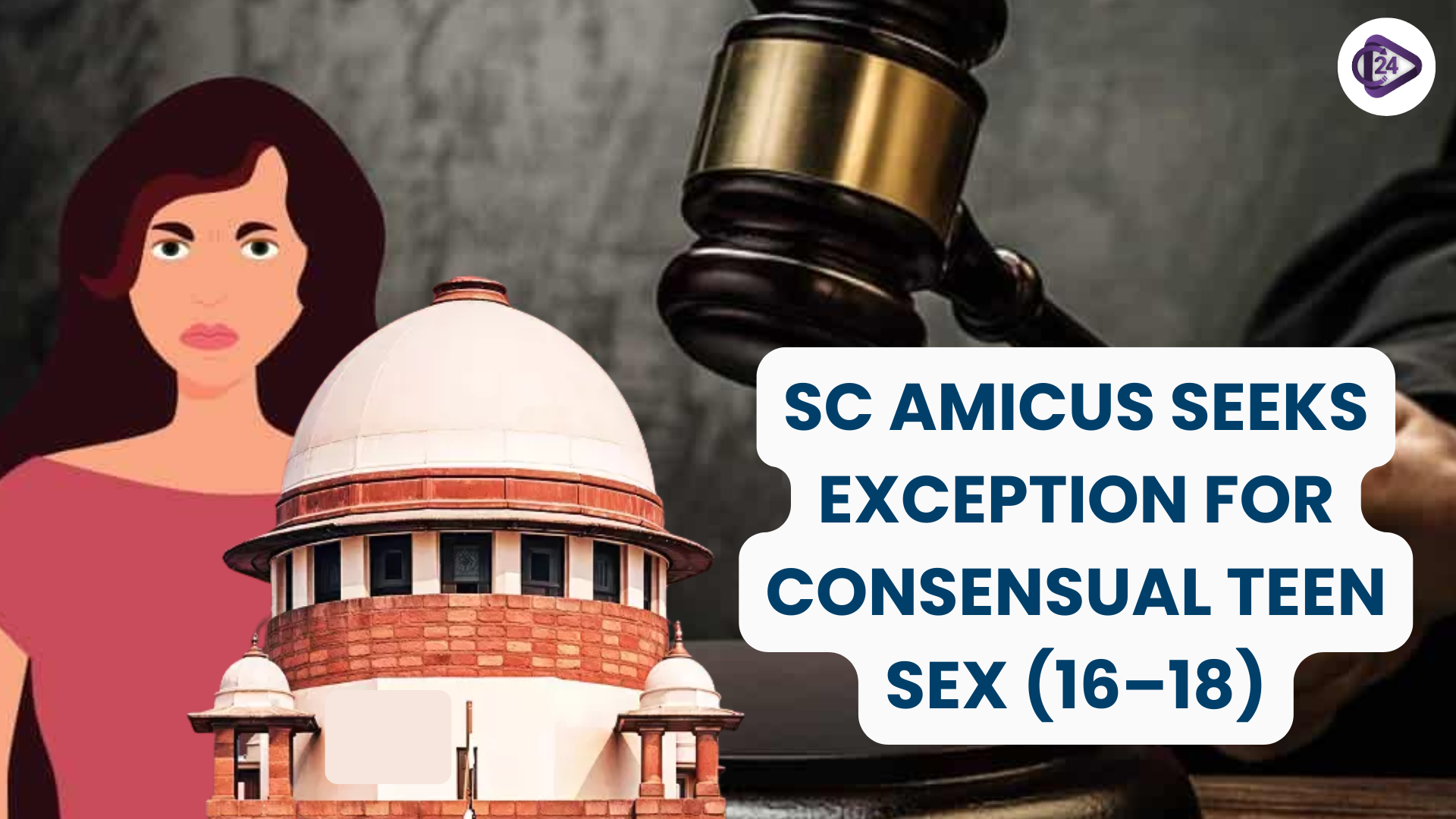
Protection of children from sexual offences (POCSO) Act, 2012 came into being to protect children against sexual exploitation. It has however begged the question of trying all people under the age of 18 as children thereby criminalizing consensual sex between teenagers aged 16-18. This is an argument espoused by one amicus curiae Indira Jaising in a recent Supreme Court submission asking that a close-in-age exception be made relating to the misuse of the law in cases of voluntary relationships involving adolescents.
Legal and Constitutional Background
-
POCSO Act, 2012: Makes any sex act with an under-18 person a criminal act, whether or not they consent.
-
Criminal Law (Amendment) Act, 2013: Increased the age of consent to 18 years right.
-
Section 375 and Section 63 of Indian Penal Code (IPC) and Bharatiya Nyaya Sanhita (BNS): Correspondence with POCSO that makes consensual sex with a minor an act of rape.
-
Article 21 of the Constitution: Safeguards right of life and liberty or personal freedom, including freedom over repose and dignity of the body.
Issues with Criminalizing Consensual Adolescent Sex:
-
Violation of Bodily Autonomy
-
Young people between 16 and 18 sometimes can give informed consent.
-
Punishing them of their voluntary acts, Meaning personal liberty (Article 21), will be a breach of personal liberty.
-
-
Disproportionate Punishment:
-
Adolescents in consensual relations are enrolled in a serious offense such as rape, which stains their lives forever.
-
-
Abuse of law:
-
Parents also wrongly apply POCSO to any relationship they do not approve of (inter-caste, inter-religious or elopement).
-
-
There is no Evidence-based Justification:
-
Before 2013, the age of consent had been 16 and above, most of all the 0.8 decades.
-
There were no empirical statistics given to prove up to 18.
-
-
Global Norms:
-
Close in age exemptions are used in order to distinguish between exploitative and consensual relationships in many democratic countries (e.g. USA, UK, Canada).
-
Arguments in Favor of a Close-in-Age Exception:
-
Intention of protection saved:
-
The abusive adult-child relationships may be punishable in spite of the independence of the teenagers.
-
-
Avoids Overcriminalization:
-
The machinery of law will be able to deal with real cases of child sexual abuse and leave the consensual teen acts.
-
-
Helps to Maintain and Enhance Mental Health:
-
The experience of a criminal trial and imprisonment at a young age are harmful to psychosocial development.
-
-
Supports the Constitutional Morality:
-
According to Navtej Singh Johar (2018) the Court affirmed the privacy, dignity and choice of consenting individuals to conduct sexual activities.
-
Counterarguments:
-
Adolescent Weakness:
-
Adolescents might be emotionally weak and fail to evaluate consequences even at the age of 16-18.
-
-
Social and Cultural Issues:
-
Indian society is conservative; the liberalizing of the age of consent can become an act against.
-
-
Peril of Teenage Pregnancies:
-
Sexual initiation at an early age can bring in health, educational, and social dilemmas among the girls.
-
Way Forward:
-
Judicial Reinterpretation: Legislative reform is not necessary to safeguard consensual relationships between adolescents where judicial creation of a close-in-age exception can cushion such relationships.
-
Law Commission Review: An adolescent sexuality, consent, and effectiveness of POCSO should be a subject of a detailed study.
-
Sexual Education: It should include age appropriate, rights based sexual education in school as a means to promote informed decision making.
-
Legal Protection: Mandatory counseling or mediation solutions involving consensual adolescent cases can be put in place rather than punitive measures.
Conclusion
The need to protect children against abuse must not be set as high over the need to allow adolescents to have a developing autonomy by creating a balance between the two needs. The close-in-age exception that could be introduced under the POCSO framework would make sure that the consensual relationships will not be criminalised in accordance with the constitutional morality, international best practices and progressive approach to the interpretation of fundamental rights.



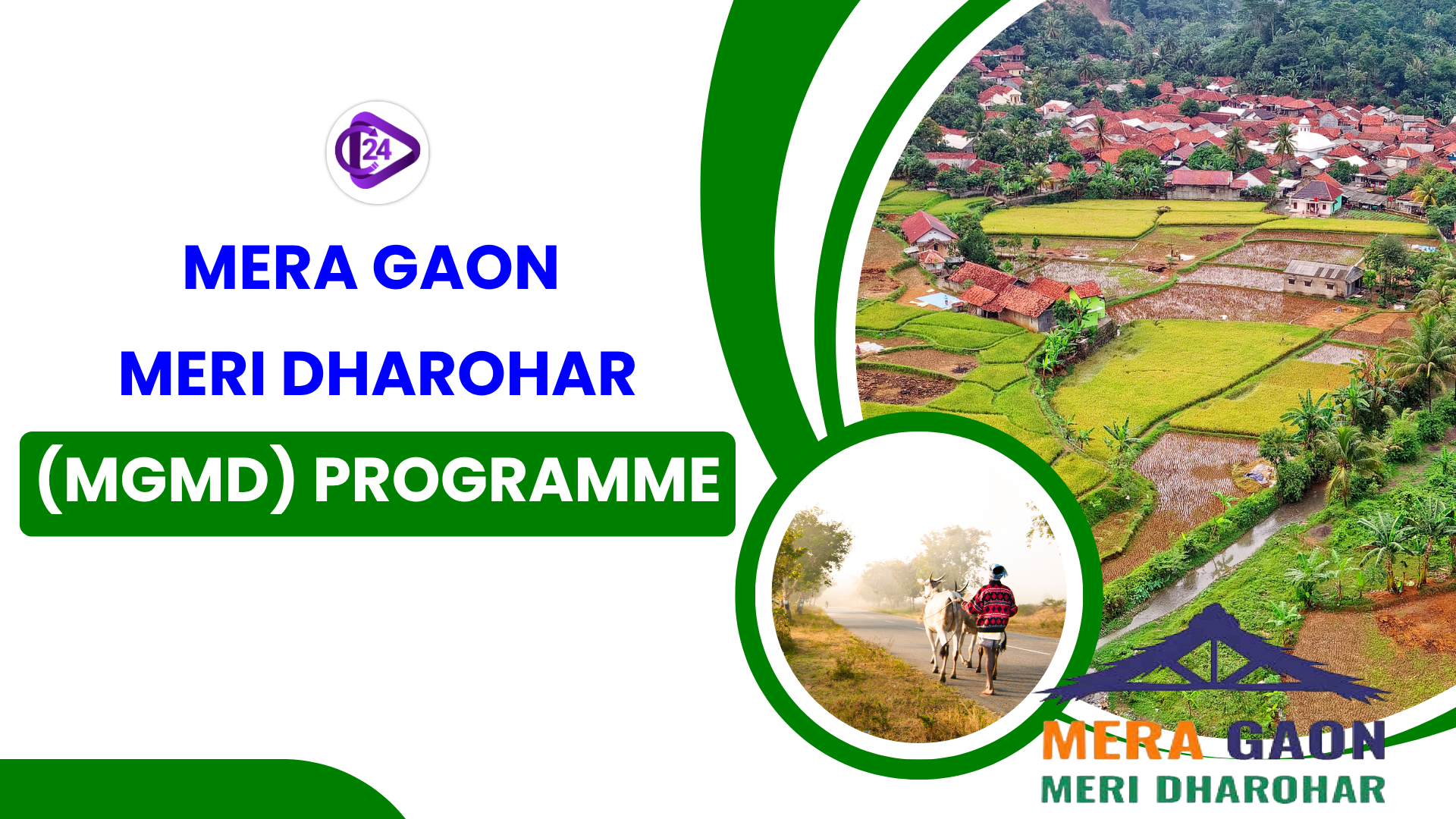 Mera Gaon Meri Dharohar (MGMD): Cultural Mapping for Rural Identity and Development
Mera Gaon Meri Dharohar (MGMD): Cultural Mapping for Rural Identity and Development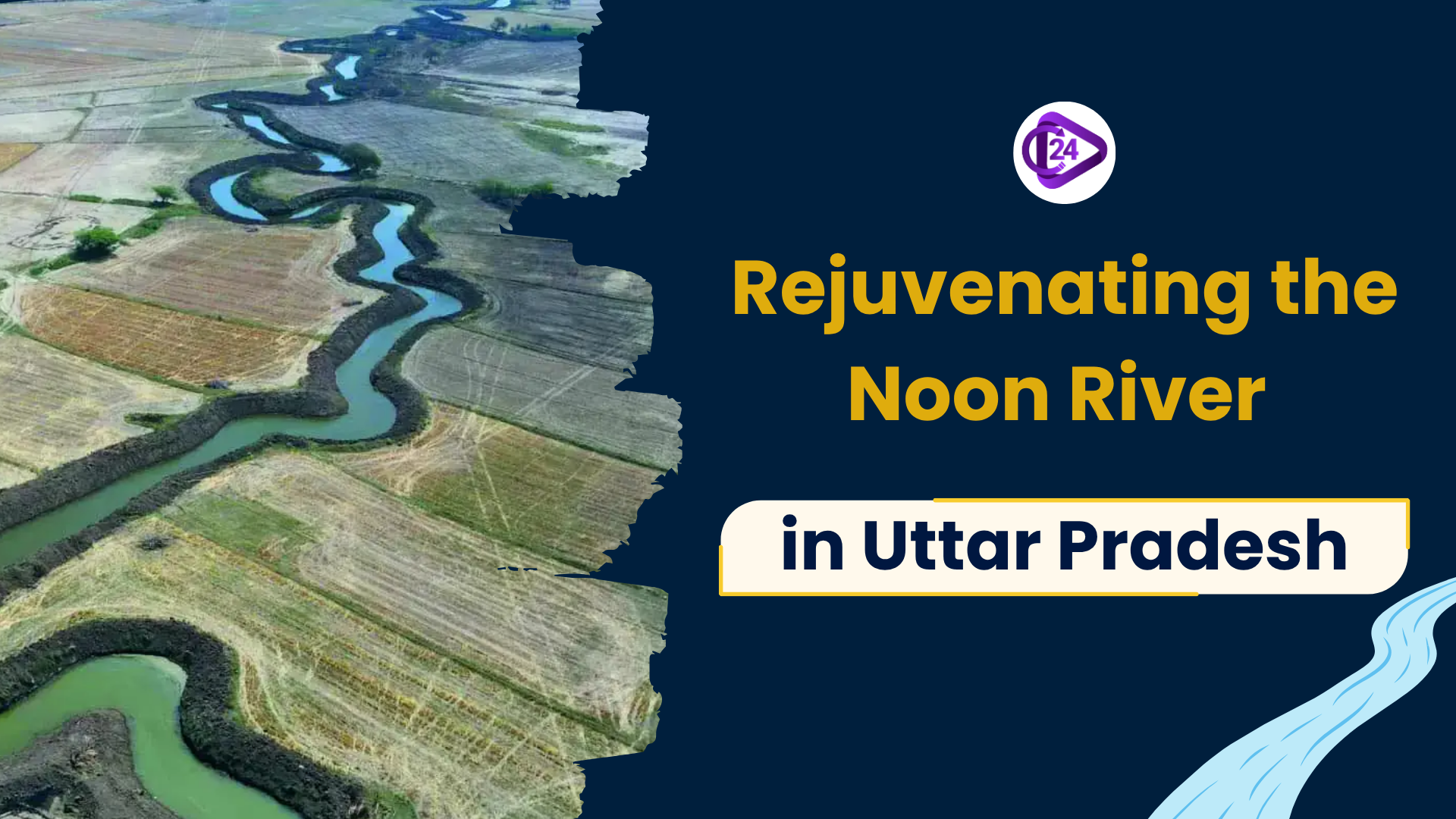 Rejuvenating the Noon River: A Model of Community-Led River Restoration in Uttar Pradesh
Rejuvenating the Noon River: A Model of Community-Led River Restoration in Uttar Pradesh Gavri Festival: Tribal Resistance and Ritual Theatre of the Mewar Bhils
Gavri Festival: Tribal Resistance and Ritual Theatre of the Mewar Bhils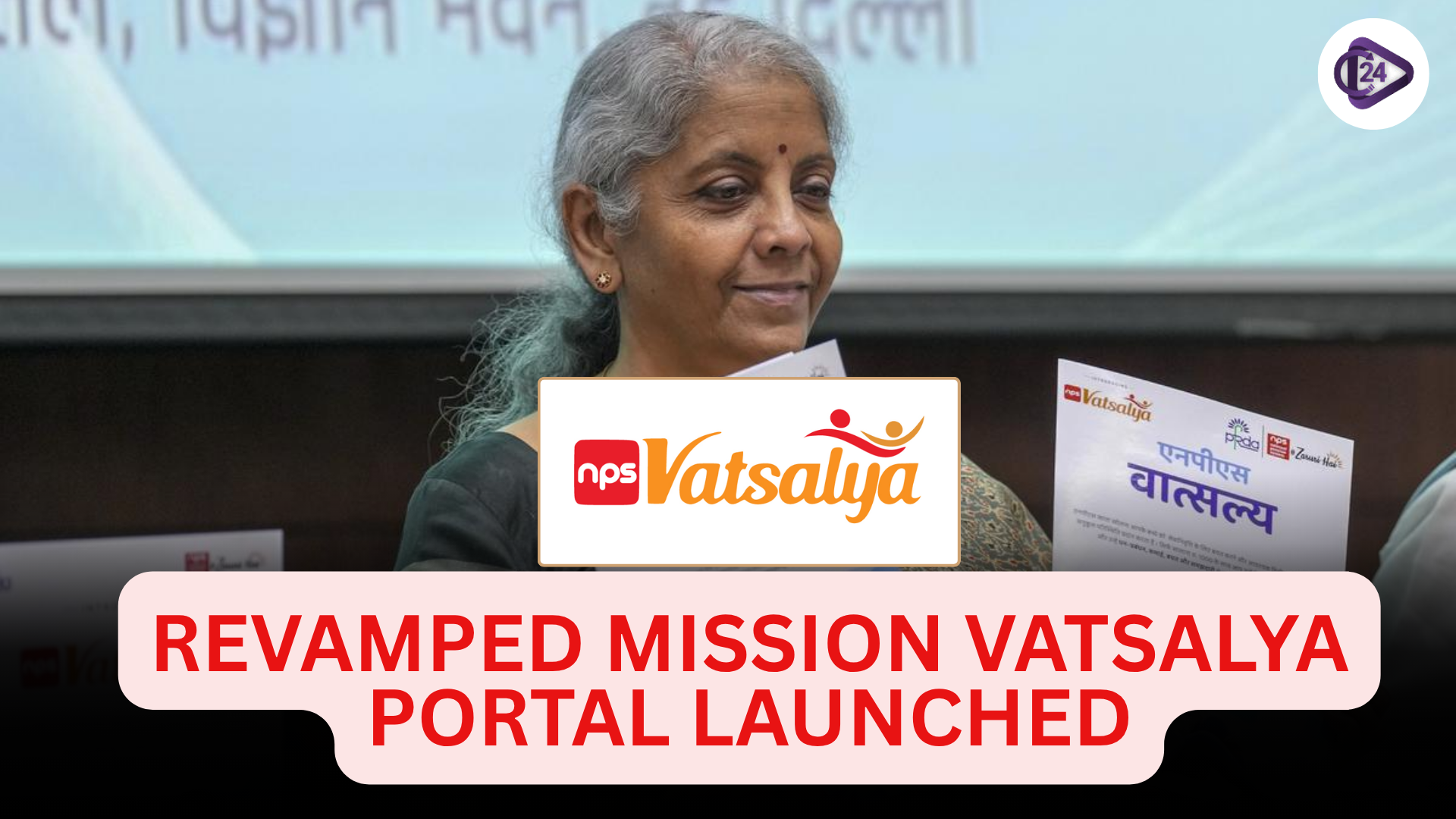 Mission Vatsalya Portal Relaunched to Strengthen Child Protection Services
Mission Vatsalya Portal Relaunched to Strengthen Child Protection Services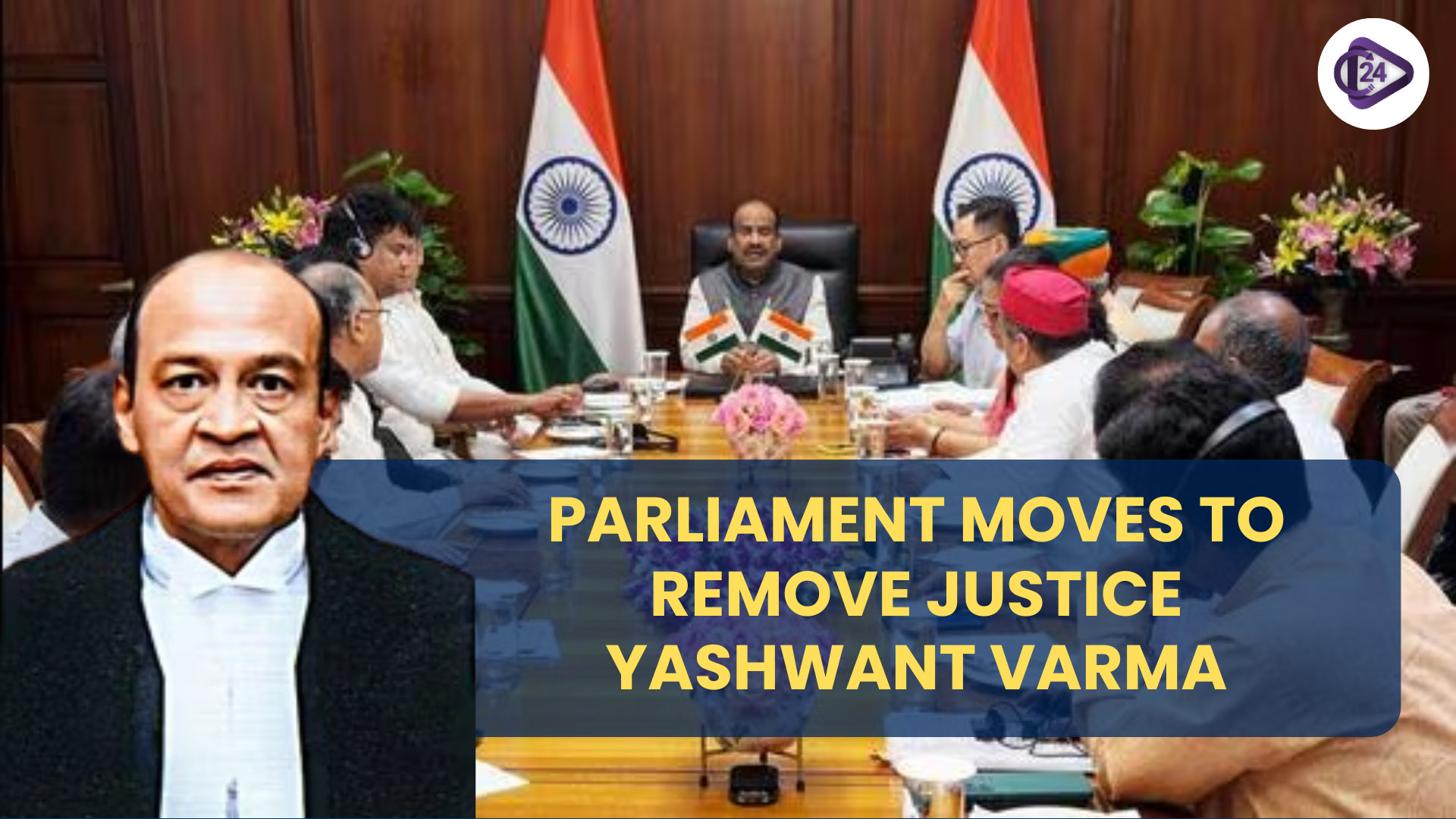 Parliament Begins Process to Remove Justice Yashwant Varma
Parliament Begins Process to Remove Justice Yashwant Varma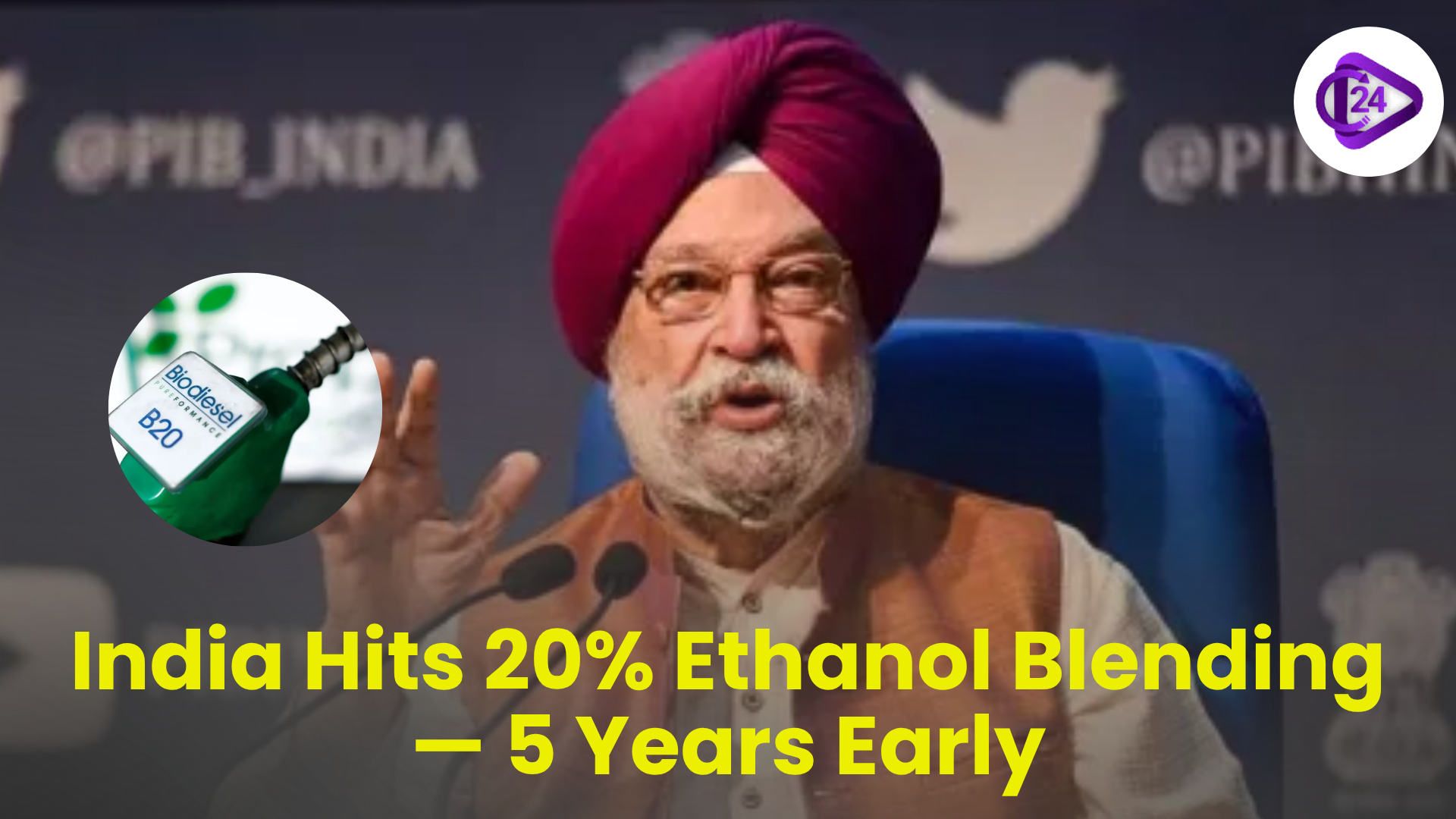 India Achieves 20% Ethanol Blending in Petrol — 5 Years Ahead of Target
India Achieves 20% Ethanol Blending in Petrol — 5 Years Ahead of Target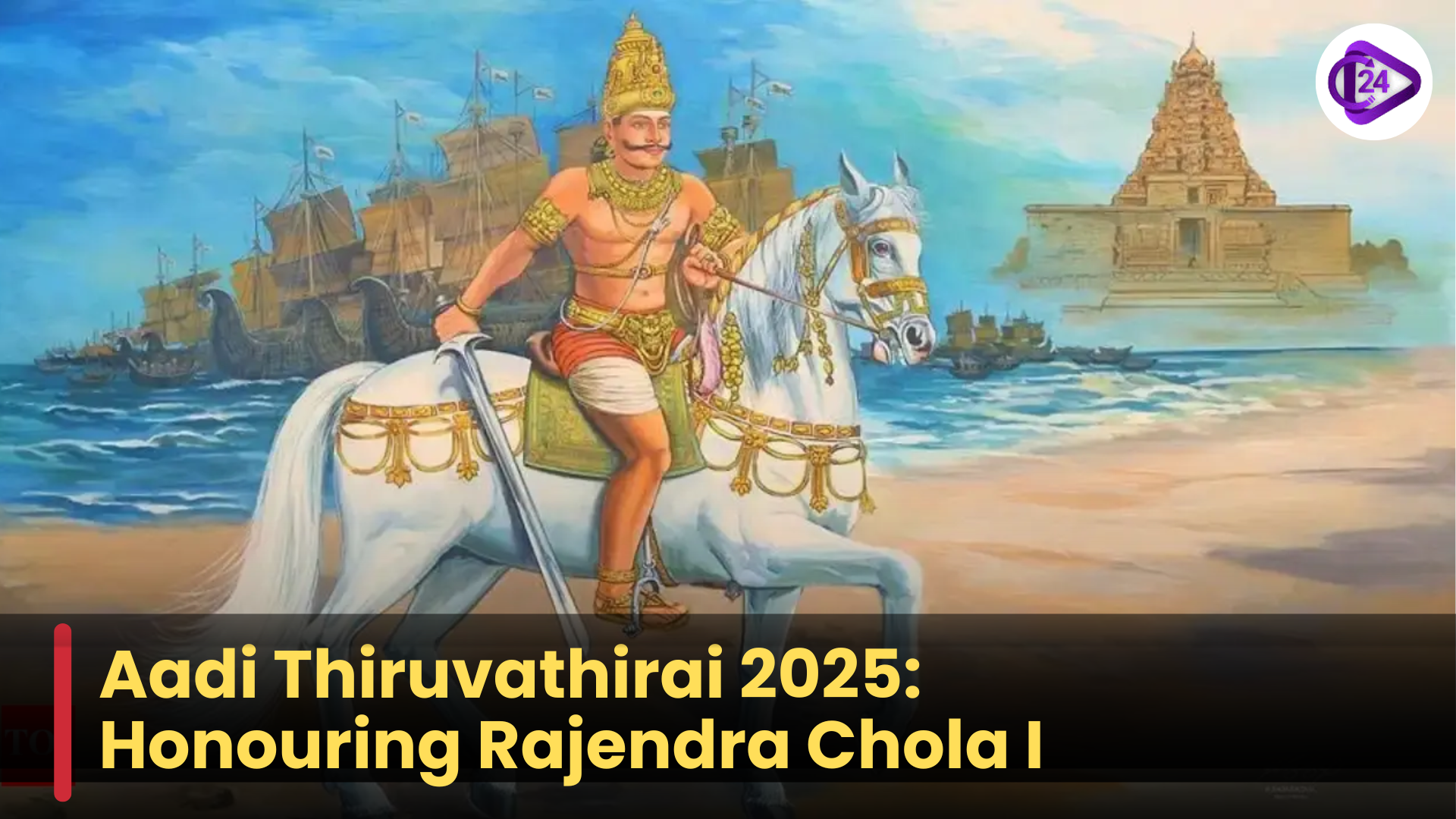 Aadi Thiruvathirai 2025: Honouring Rajendra Chola I
Aadi Thiruvathirai 2025: Honouring Rajendra Chola I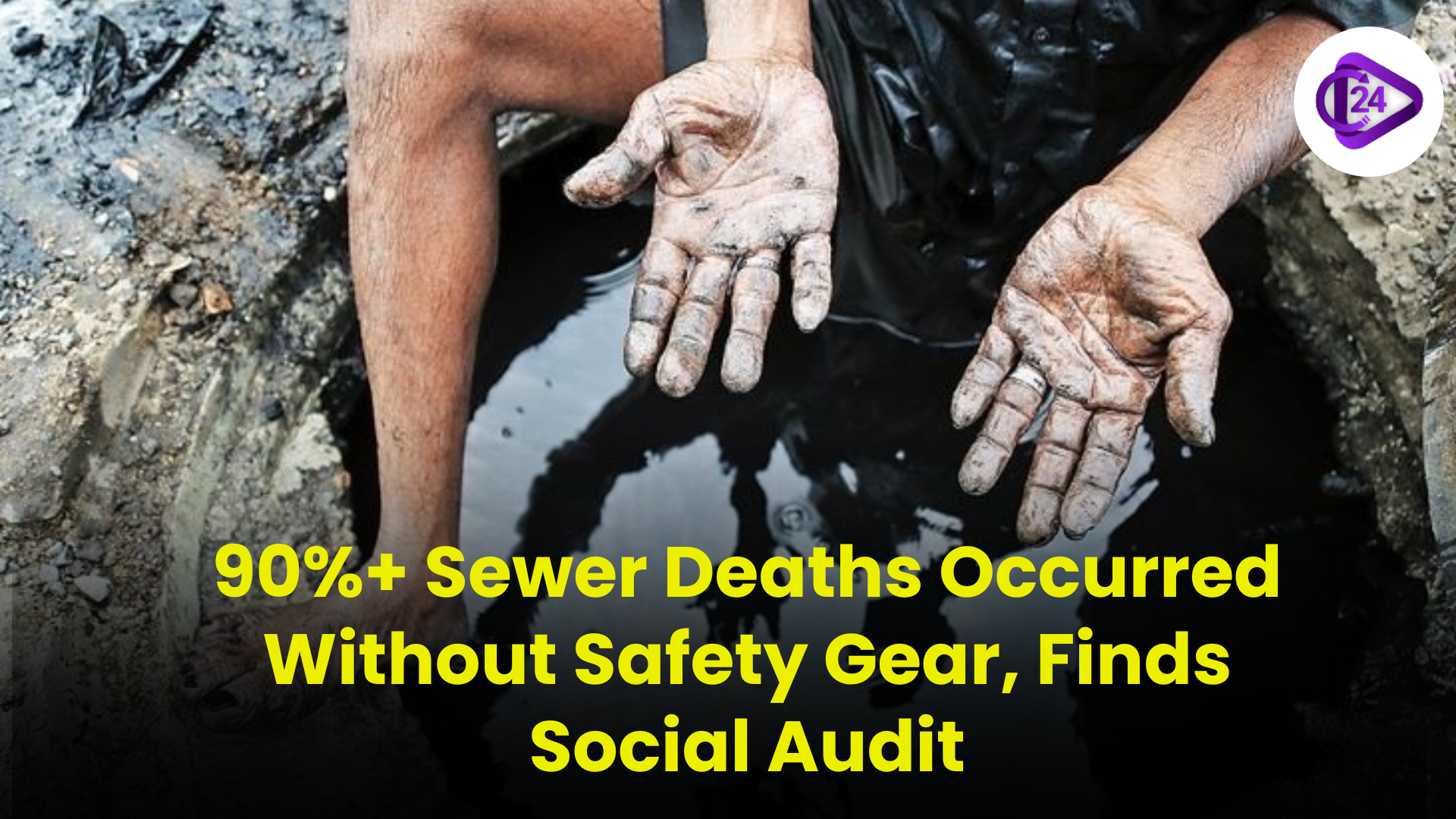 90%+ Sewer Deaths Occurred Without Safety Gear, Finds Social Audit
90%+ Sewer Deaths Occurred Without Safety Gear, Finds Social Audit MiG-21 Fighter Jets to Retire in September 2025
MiG-21 Fighter Jets to Retire in September 2025






